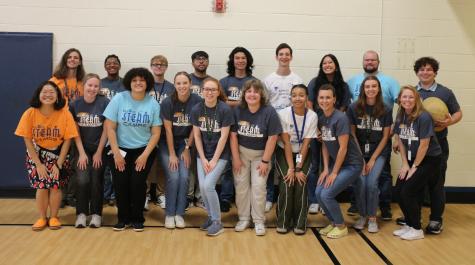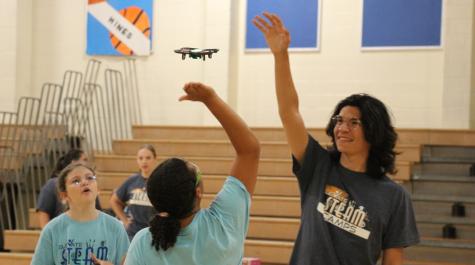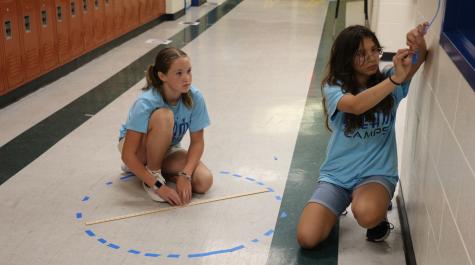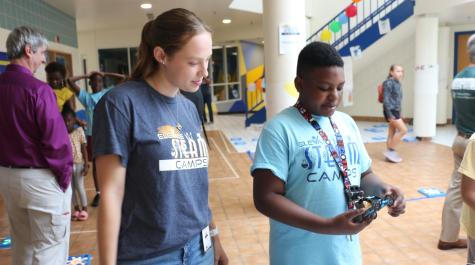Camp EAGER expands to 500 students
Now in its fourth year, Camp EAGER continued to expand its reach this summer. An experimental summer camp developed by researchers at the William & Mary School of Education, it explores innovative ways to encourage more students from underrepresented groups to pursue STEM careers. Camp EAGER is directed by Pavey Family Co-Chair in Instructional Technology and Associate Professor of Science Education Meredith Kier; Pavey Family Co-Chair in Instructional Technology and Associate Professor of English Education Lindy Johnson; and Associate Professor of School Psychology Janise Parker. The camp aims to Elevate engineering, Advance innovation, Guide Learning, Effect change and Remove barriers for all.
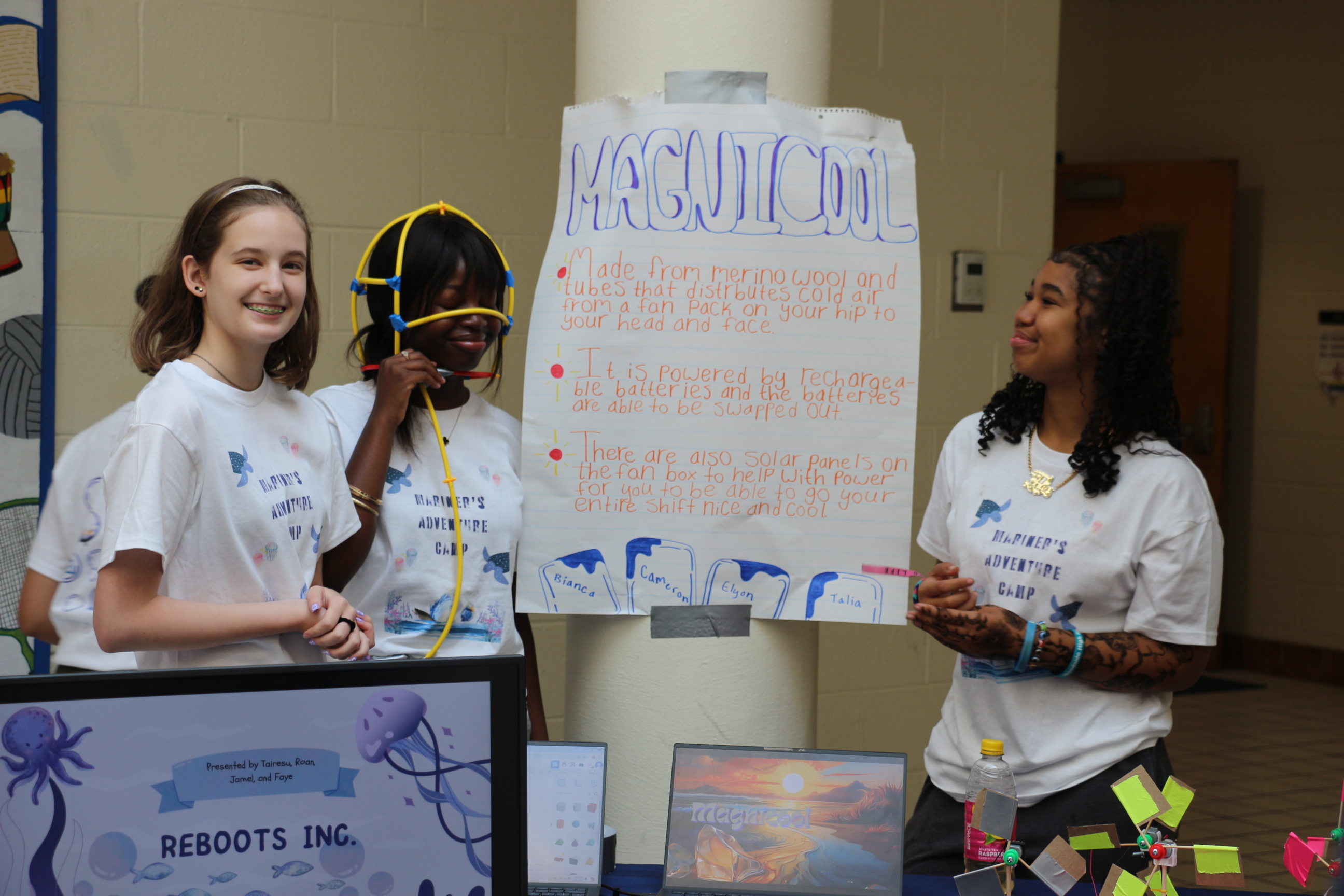
In 2021, the pilot program served 40 students. Last year, approximately 450 campers participated, and this year that number grew again to 500 rising third-graders to rising 12th-graders. Projects included coding, robotics, rocket building and drone camp. Camp EAGER also provides an immersive, field-based experience for student teachers-in-training. A total of 15 School of Education preservice teachers (pictured above) at the master’s level gained hands-on classroom experience, and four William & Mary undergraduate students were recruited as paid interns to spark their interest in teaching by working with high school students in STEM.
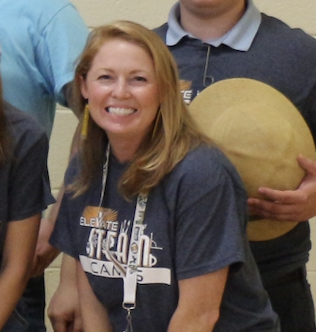
Meredith Kier elaborates: “We immersed 15 secondary preservice teachers in Camp EAGER this year for eight full days while we taught them at William & Mary. As graduate students, we supported our preservice teachers to facilitate “high-leverage practices” that promoted inclusive learning for all 500 campers. As preservice teachers, they implemented these practices alongside Newport News teachers, serving as mentors to Camp EAGER students, building strong relationships with them, and working with them in small groups to use coding, robotics and engineering.”
At the close of the camp, the professors asked the preservice teachers to reflect on how the camp experience informed their idea of who they wanted to become as a teacher: “I want my middle schoolers to know that there is someone in their life who cares about them,” said Monika Chess, a secondary math preservice teacher. “I want to find the good in each student and help guide them during adolescence while they are forming their moral character.”
